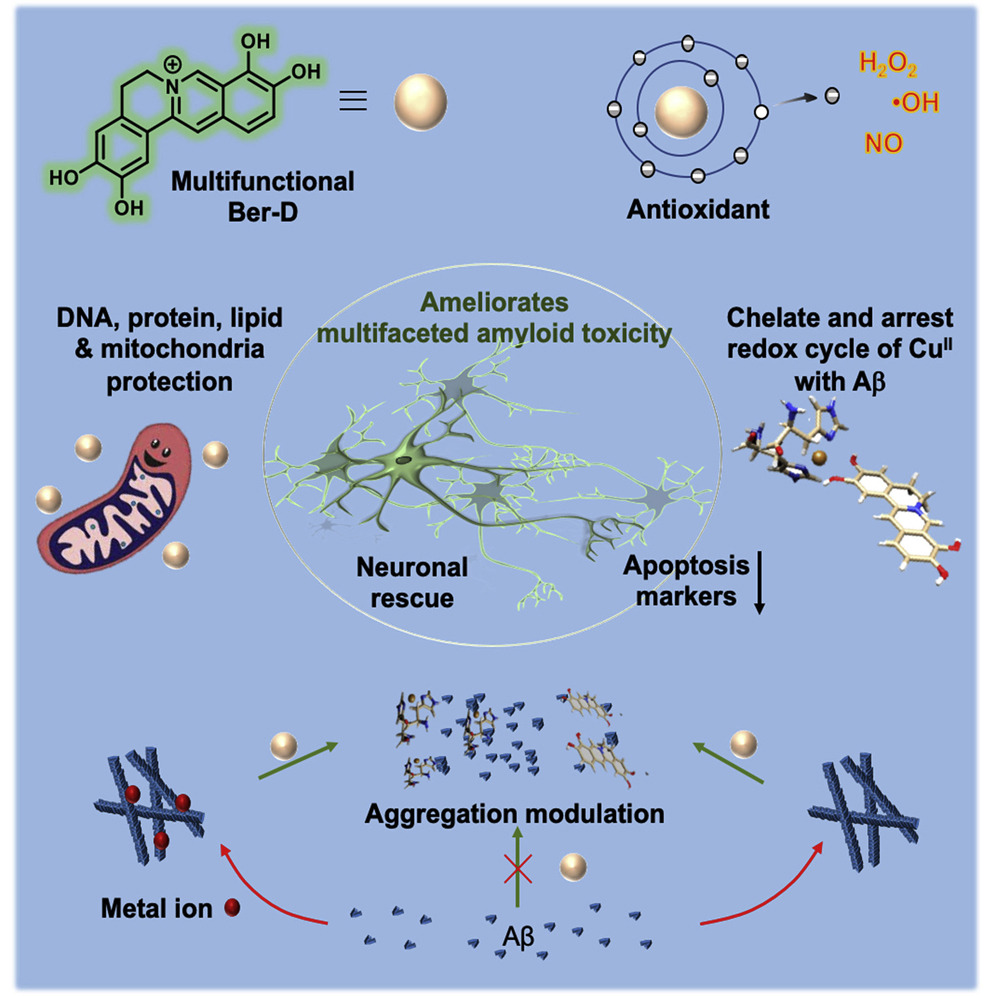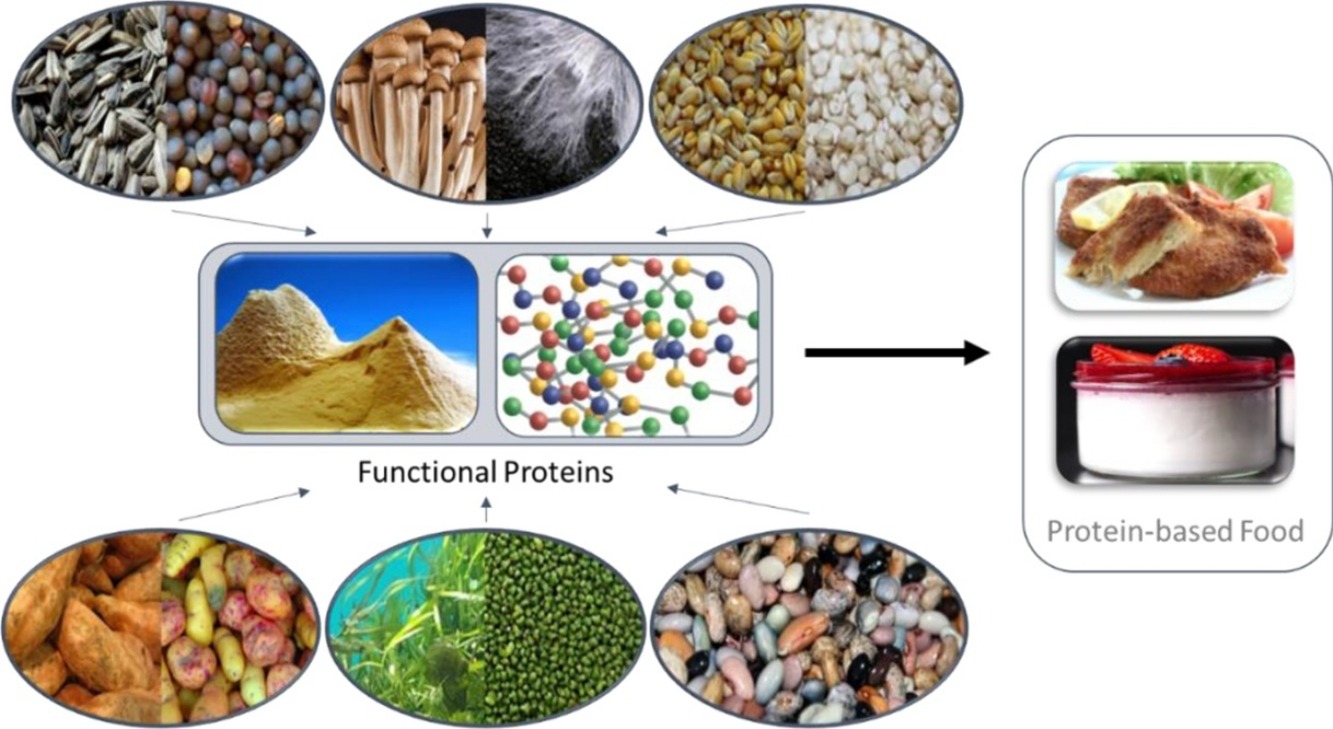Lithium-ion batteries (LIBs) have an established role in the consumer electronics markets with minimum risk of replacement from any other contender in the near future. The recent momentum towards electric vehicles and the renewable energy storage market is creating an increased demand for LIBs. The large amount of hazardous waste generated from the disposal of LIBs is driving research into a sustainable approach for LIB treatment and recovery. The positive electrode active materials being the main targeted component as it is the greatest cost contributor to LIBs production.
The Paris Agreement to keep global temperature increase to well-below 2 °C and to pursue efforts to limit it to 1.5 °C requires to formulate ambitious climate-change mitigation scenarios to reduce CO2 emissions and to enhance carbon sequestration. These scenarios likely require significant land-use change. Failing to mitigate climate change will result in an unprecedented warming with significant biodiversity loss. The mitigation potential on land is high. However, how land-based mitigation options potentially affect biodiversity is poorly understood.
Insect pollinators are becoming visible to societies. Many peer-reviewed papers evidence biophysical and ecological aspects of managed and non-managed insect pollinators. Evidence on stressors of declines yield peer-reviewed calls for action. Yet, insect pollinator declines are inherently a human issue, driven by a history of land-use trends, changes in technologies, and socio-cultural perceptions that unwittingly cause and perpetuate declines. Conservation requires integrating social and ecological understandings to reconfigure human behaviors across societies’ sectors.
Ocean health is critical for human well-being but is threatened by multiple stressors. Parties to the Convention on Biological Diversity agreed to protect 10% of their waters by 2020. The scientific evidence supporting the use of marine protected areas (MPAs) to conserve biodiversity stems primarily from knowledge on fully protected areas, but most of what is being established is partially protected. Here, we assess the protection levels of the 1,062 Mediterranean MPAs.
Although several empirical studies and systematic reviews have documented the mental health impacts of global climate change, the range of impacts has not been well understood. This review examines mental health impacts of three types of climate-related events: (1) acute events such as hurricanes, floods, and wildfires; (2) subacute or long-term changes such as drought and heat stress; and (3) the existential threat of long-lasting changes, including higher temperatures, rising sea levels and a permanently altered and potentially uninhabitable physical environment.
Climate change will expose mammals to an array of stressors, some new, and some with increased frequency and severity. Those stressors influence endocrine and metabolic function, with potential consequences for the survival and persistence of mammalian species. Here, we review the similar consequences of climate change on the physiological function of terrestrial mammals, including direct effects of increasing air temperatures and reduced water availability, as well as the indirect effect of reduced or unpredictable food supply.



